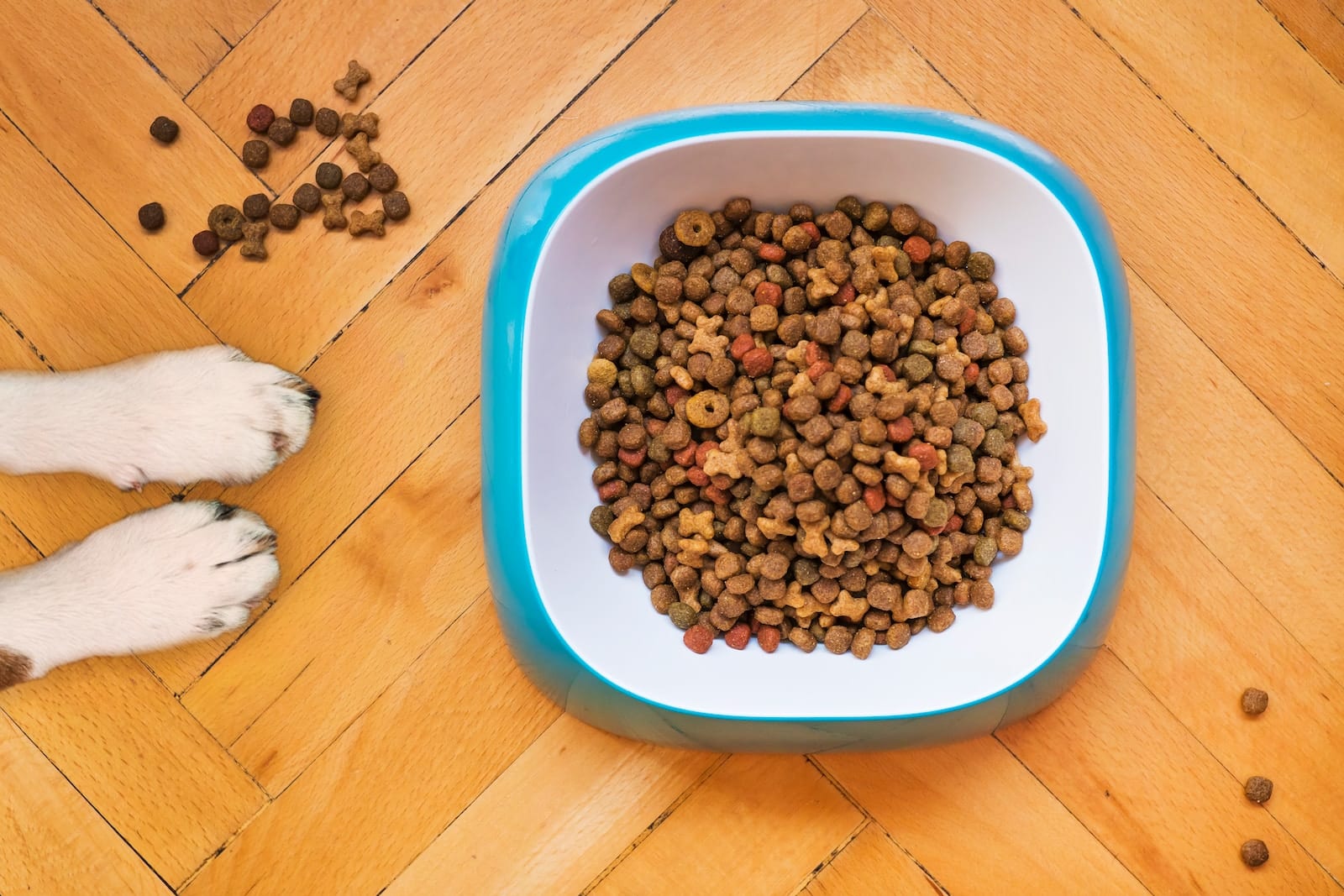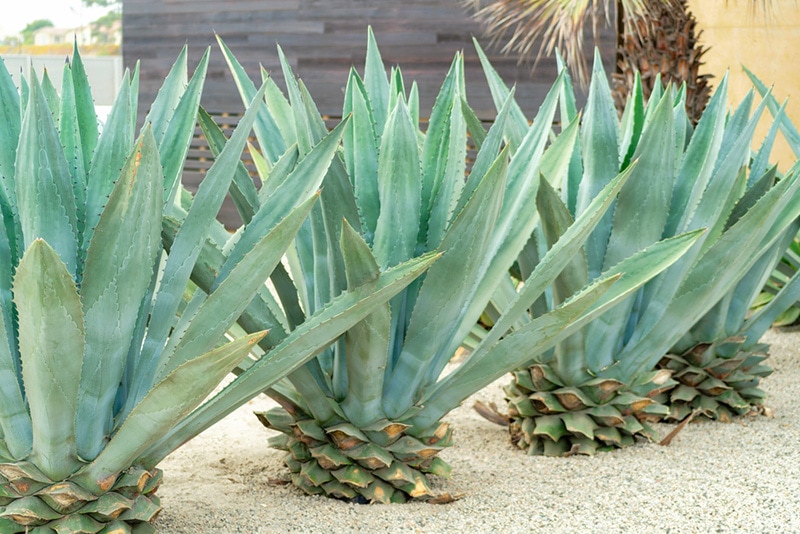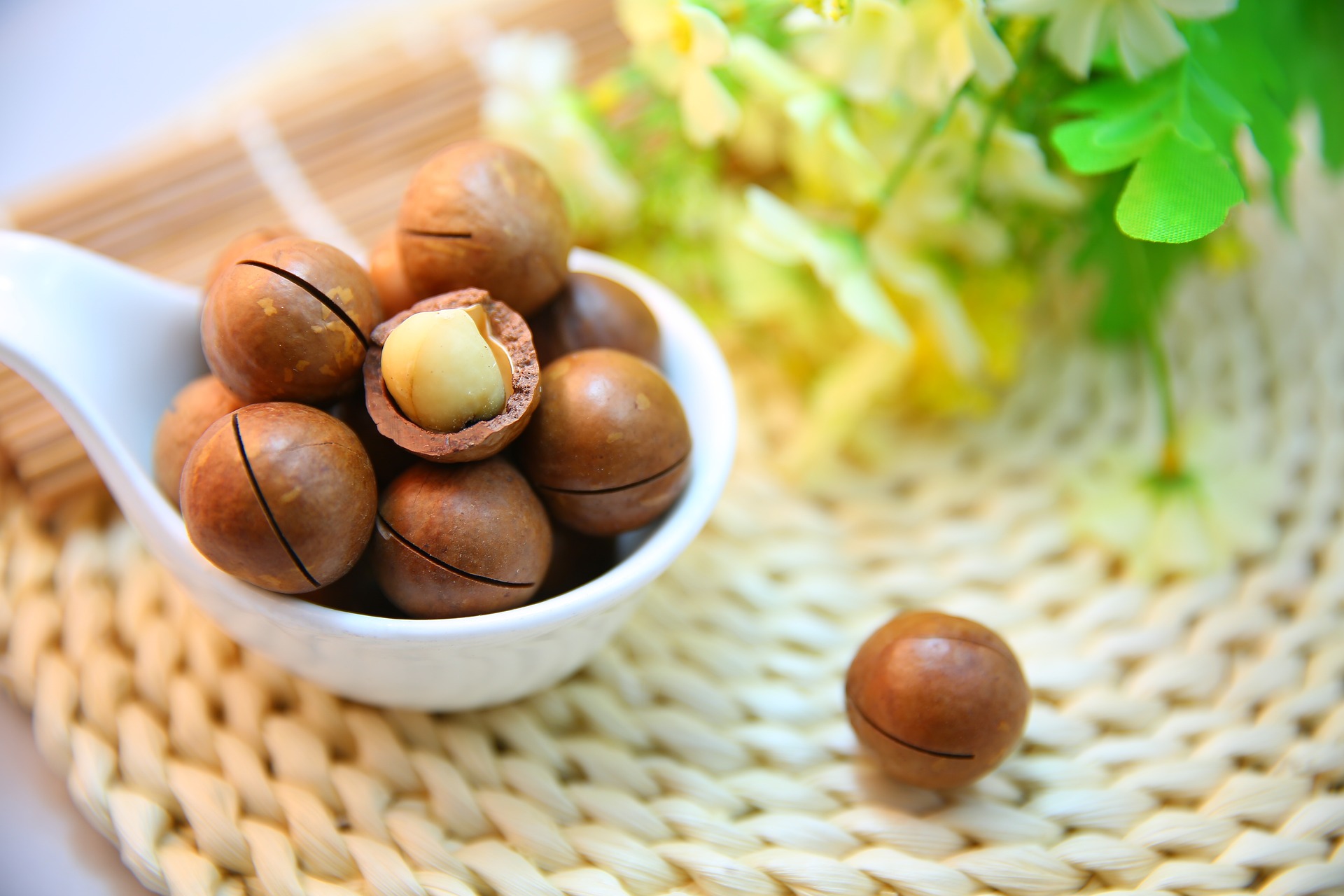Sure, your loving dog may sport a huge heart in terms of sweetness, but his skin reigns supreme size wise. The skin represents up to one-fourth of his total body weight — a fact that may drive home a greater need to pay attention to what you’re putting into your canine pal’s food bowl.
“Nutrition plays an important role in the health of the skin and other organs,” says Dr. Joseph Bartges, a professor of veterinary medicine and nutrition at the University of Georgia in Athens. “Often a sign of inadequate or improper nutrition is a change in the quality of the coat and skin. You may notice that it is now dry or flaky or oily or see bald spots because hair is not growing back.”
What goes in the bowl
“The food you select has everything to do with your dog’s skin and coat quality,” says Dr. Jean Hofve, a holistic veterinarian and author from Jamestown, Colorado. “Dogs need quality proteins that come from real meats, not meat by-products, as well as antioxidants that are also good for the skin because they are anti-inflammatory.”
There are many commercial dog diets available, and selecting quality ones to feed your dog can be daunting. Keep in mind that to satisfy recommendations set by the American College of Veterinary Nutrition, quality commercial dog food meets these five standards:
- Complete: It contains all required nutrients.
- Balanced: All the nutrients are in proper proportions.
- Palatable: It features a welcome taste that your dog will eat in sufficient amounts to keep his body at a healthy condition.
- Digestible: All the ingredients can be absorbed into your dog’s body for use.
- Safe: The ingredients are free from nutrient deficiencies, excesses or imbalances; are free from toxins; and are free from microbial contamination or spoilage.

“In general, a dog with naturally healthy skin can be expected to continue to do just fine on any nutritionally complete diet without any type of supplementation,” says Dr. Jo Myers, a veterinarian in Salida, Colorado, who consults on diet and nutrition for pets as a veterinary expert with JustAnswer.com. “A dog with a skin disease, however, may require supplements to optimize his skin health.”
Definitely consult your veterinarian to help select the appropriate supplements your dog may need based on his age, health condition and breed.
Our experts offer these tips to help your dog sport a healthy coat:
✤ Learn the doggie alphabet diet. Bolster your dog’s skin and overall health by making sure his chow or supplements contain adequate amounts of a pair of omega-3 fatty acids chemically known as eicosapentaenoic acid (EPA) and docosahexaenoic acid (DHA). Nutritious sources of these omega-3 fatty acids include eggs, salmon, fish oils, flaxseeds and chia seeds.
✤ Dish up omega-6 fatty acids in your dog’s food. Dogs need omega-6 fatty acids to keep skin hydrated and serve as a protective barrier, but they are not able to produce them on their own. Dogs lacking enough omega-6 fatty acids in their diet can be at risk for a variety of skin issues as well as a weakened immune system. Healthy sources of omega-6 fatty acids can be found in chicken as well as sunflower, soybean and canola oils.
✤ Don’t feed into hype on the internet. Certain oils may score popularity points, but they might not be the best choice for your dog.
Regarding the use of coconut oil as a supplement for your dog, Dr. Myers says, “Although it is popular, there is no scientific evidence to back up any health benefit claims for dogs.” She cautions that feeding your dog excessive amounts of coconut oil can trigger diarrhea and pack on extra pounds.
✤ Top your dog’s dry food on occasion with skin-fortifying yummies. They include blueberries (loaded with antioxidants); carrots for a tasty vitamin A boost; sardines in water for a lip-drooling source of omega-3 fatty acids; and green beans, packed with fiber, calcium and vitamins A, B, C and K.
Good nutrition
By being proactive in watching for any changes in your dog’s weight, skin quality or appetite, you can play a vital role in his overall health and possibly address conditions like diabetes, hypothyroidism or kidney disease in their early stages.
And, by selecting quality ingredients, you may help your dog avoid reactions to food allergies and their accompanying signs, such as persistent scratching, skin bumps, bald spots or a dull-looking coat as well as chronic vomiting or diarrhea.
“Nutrition is hard!” Dr. Myers says. “It is a complicated subject, so you definitely need professional guidance from your veterinarian to avoid wasting money on supplements that your dog may not need or that may actually do more harm than good.”
Skin & Coat Diets
Concerned about your dog’s skin and coat? They make diets specifically targeting them today. Here are a few that are available.
- Purina ONE +Plus, Skin & Coat Formula; $46.26/16.5-lb bag. petcarerx.com
- Blue Buffalo True Solutions Perfect Coat; $38.99/11-lb bag. chewy.com
- Dogswell Skin & Coat Trout & Sweet Potato Recipe; $39.99/12-lb bag. chewy.com










